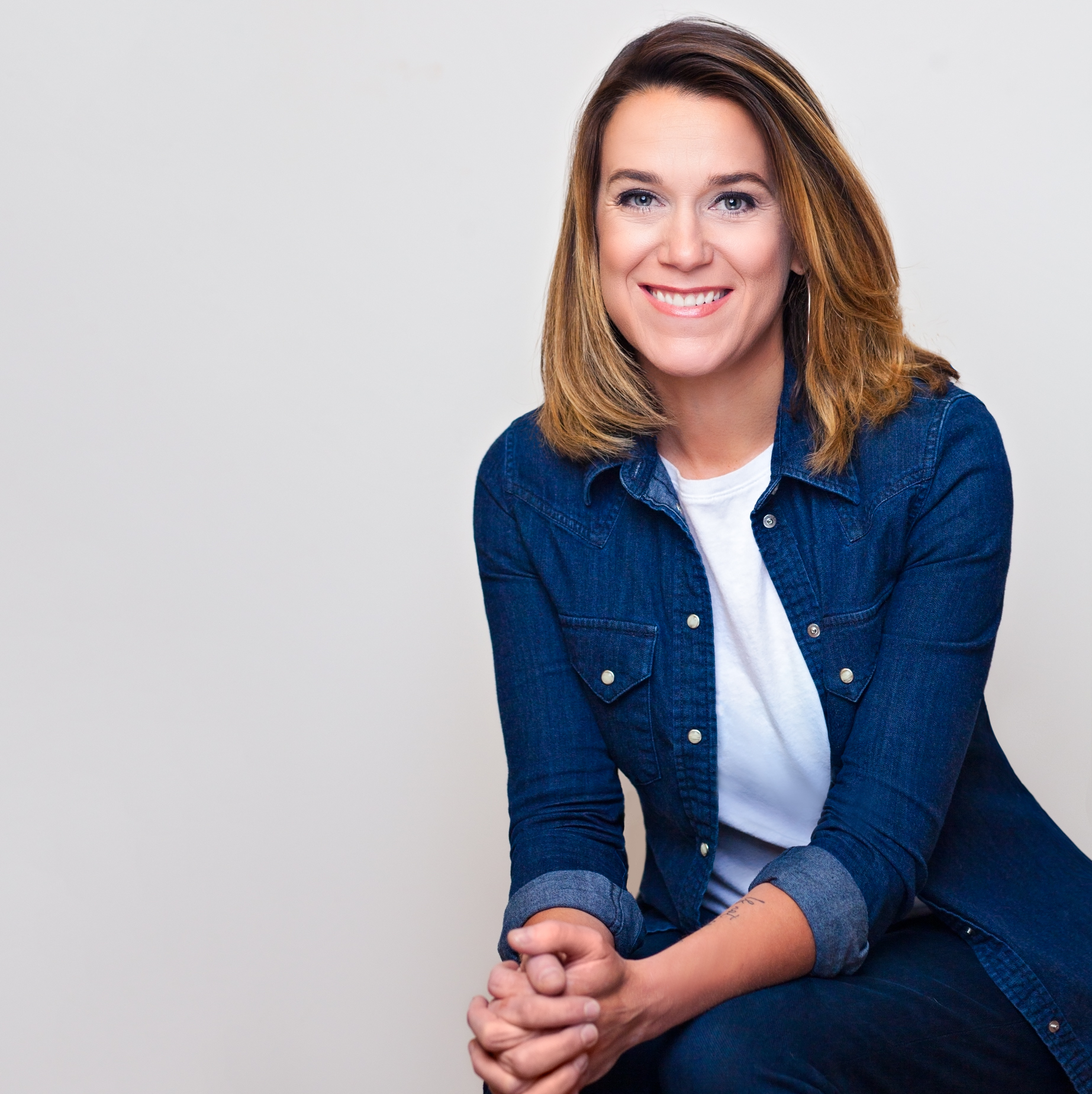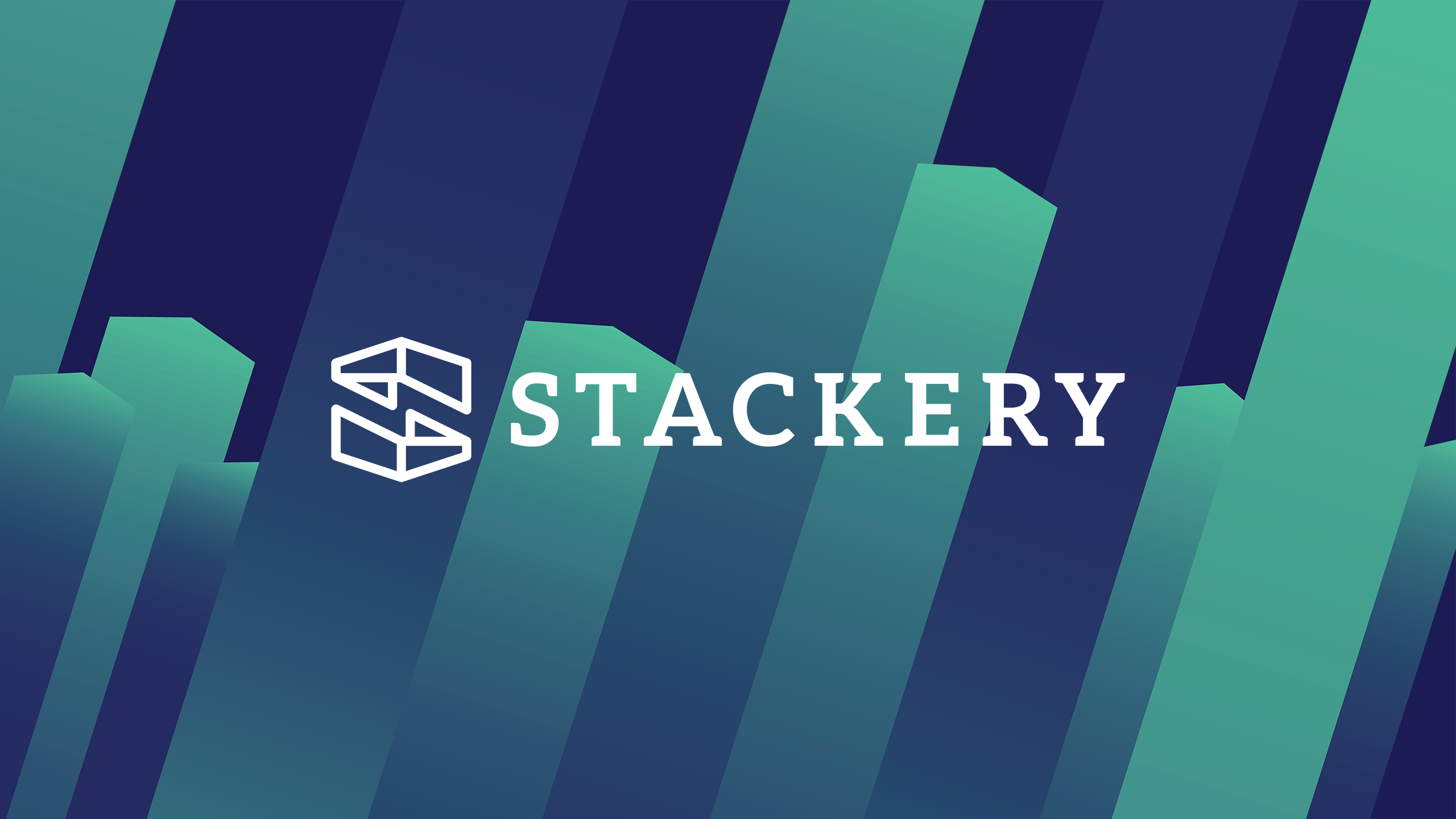Reflecting on re:Invent — The Human Side of Serverless

Another day of re:Invent is over and it’s all been amazing and overwhelming. And yes, the medals really do spin.
It was a huge honor to be named an AWS Serverless Hero a few weeks ago. As I prepare for more conference talks in the upcoming months, I’m reflecting on what it means to be granted this honor despite having only written my first lines of code earlier this year.
That smart, kind people all over the world not only want to learn more about a product I care about but want me to share my knowledge is honestly still overwhelming and I struggle with a bit of imposter’s syndrome over it. But I think that’s a good thing in the end because it means I still really want to please the people doing serverless development and really that’s the point of Stackery in the first place:
We are happy to extend a warm invitation to @FarrahC32 on behalf of AWS 🇮🇳 community to visit India and speak at UG meetups/AWS Community Days in 2020 😀🙏@awsugblr @awspune @AWSUGKol @awsugchn #aws #awscommunity #awsusergroup #reinvent #awsheros #serverless pic.twitter.com/b0jogQkVil
— AWS User Group Mumbai 🇮🇳 (@awsugmum) December 3, 2019
The big lesson is that “soft skills,” the skills that make human connection and communication possible, are going to be key in the widespread adoption of serverless. To get your whole team to adopt a whole new “serviceful” attitude to building applications, you’ll need people with human skills!
Serverless is a culture
Perhaps it makes the most sense to name a non-engineer a Serverless hero because serverless is not a technology. Sure, there are plenty of technical details about the implementation of effective serverless stacks, but the mindset of serverless is about much more than tools.
Serverless means that no one on your team is focused on servers. With AWS handling the underlying platform, your team can focus on the business of your company. That sounds simple and, to be honest, most technology for business has had a similar goal for the last 20 years. But starting with their first serverless tool, Amazon S3, AWS has largely delivered on this promise.
Once servers aren’t your problem, you need to find new problems
Saying “now your team can focus on business problems” says a lot more than it seems. Does this mean that your team can now focus on the product roadmap? Yes. But it also means that they have more time to learn how the product meets customer needs.
In my role as Ecosystems Director, speaking with Stackery users is my bread and butter. And since Stackery does such a good job embracing the serverless philosophy, I often get to take engineers with me to speaking gigs and conferences. This gives engineers the chance to practice their soft skills outside of their own team.
You will never push UI updates the same way once you’ve watched even a single user interact with your software. I truly believe that the real goal of serverless is to transform everyone on your team into a master of user needs. Danielle Heberling knows what I’m talking about:
Hands down fav part of #reInvent has been getting to meet current customers that come to the @stackeryio booth.
— Danielle Heberling @ re:Invent (@deeheber) December 5, 2019
Some I've talked to before via chat others I'm meeting for the first time.
This is why I do this. Y'all are great. ❤️
Serverless is about becoming renaissance women
My code is not going to be running in production any time soon, but even the demo projects I have worked on with Danielle have really illuminated my understanding of the technology. One day I might be unfolding chairs for the PDX Serverless Architecture meetup, the next I might be talking to a room full of smart people about how serverless can change their industry. And while serverless isn’t an amateurs’ tool, it is a way for experienced developers to build better products faster.
Less expertise required in the obscure world of server management means that the world of serverless engineering can be more open to everyone. I want to see the world of serverless show more diversity, but as the user base grows and AWS and others show interest in people like me from varied backgrounds, the future looks bright!

